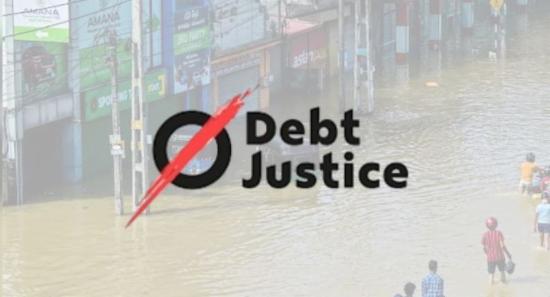.webp)
-809139.jpg)
100% Tariff On Imported Pharma On October 1: Trump
(CNN) President Donald Trump announced that brand-name or patented pharmaceutical products will be subject to a 100% tariff starting October 1 – unless the drugmaker is building a manufacturing plant in the US.
Trump has been promising for months to levy tariffs on pharmaceutical imports, which avoided tariffs during his first term.
The president sees tariffs as a way to pressure drug manufacturers to ramp up production in the US and to strengthen the supply chain for essential medicines.
Also, Trump has pointed to tariffs as a way to fulfill his vow to lower drug costs, though experts say that is unlikely to happen.
Drugmakers have taken Trump’s tariff threats seriously, unveiling hundreds of billions of dollars of commitments to build or expand US manufacturing operations in the coming years. Just this week Eli Lilly announced it would construct a $6.5 billion manufacturing facility in Houston, shortly after saying it would build a $5 billion plant outside of Richmond, Virginia.
Trump indicated in a Truth Social post Thursday what would be needed to avoid the tariffs.
“‘IS BUILDING’ will be defined as, ‘breaking ground’ and/or ‘under construction,’” Trump wrote in a Truth Social post. “There will, therefore, be no Tariff on these Pharmaceutical Products if construction has started.”
However, it can take time to put shovels in the ground so it’s unclear whether these promises will be enough to avoid the tariffs – assuming the drug companies aren’t already in construction elsewhere in the US. Eli Lilly said it could take up to five years for the plants to be operational.
That distinction could blunt the impact of the levies.
“The actual comment from the President is direct but its impact may be somewhere between nebulous and negligible,” Jared Holz, an analyst with Mizuho, said in a note to clients. “All major players have some production presence domestically and almost all have announced increased investment directly tied towards local manufacturing.”
The pharma companies’ moves are not expected to decrease the United States’ reliance on foreign sources for key pharmaceutical ingredients and drugs, experts say. The pharmaceutical industry is a global web, with ingredients and finished drugs being manufactured in a multitude of locations around the world.
Notably, Trump did not mention levying tariffs on generic pharmaceutical imports, which experts have said could worsen drug shortages. Generic drugmakers have much thinner profit margins that would make it much more difficult for them to absorb tariffs. Instead, they may opt to stop selling their products in the US.
The Trump administration has yet to release the findings of its investigation into national security implications of drug imports, which is expected to set the stage for broader tariffs on the industry. In late July, Trump unveiled the framework of a deal with the European Union, which calls for a 15% tariff on pharmaceutical imports – with exemptions for generic drugs.
The president last month told CNBC that he would levy tariffs of up to 250% of drug imports, but that they would ramp up over time.
Thursday’s pharmaceutical tariff announcement came the same day as he announced a 50% tariff on kitchen cabinets and bathroom vanities and a 30% tariff on upholstered furniture, as well as a 25% tariff on heavy trucks made outside the US.
Other Articles
Featured News





.png )
-820382_550x300.jpg)
-820376_550x300.jpg)

-820364_550x300.jpg)







-819380_550x300.jpg)


-812087_550x300.jpg)
-810262_550x300.jpg)








.webp)






